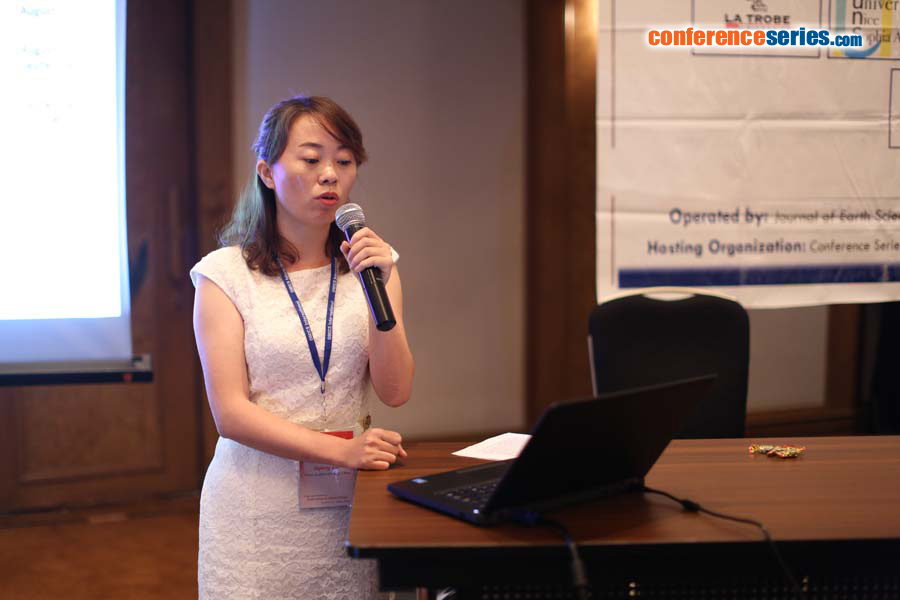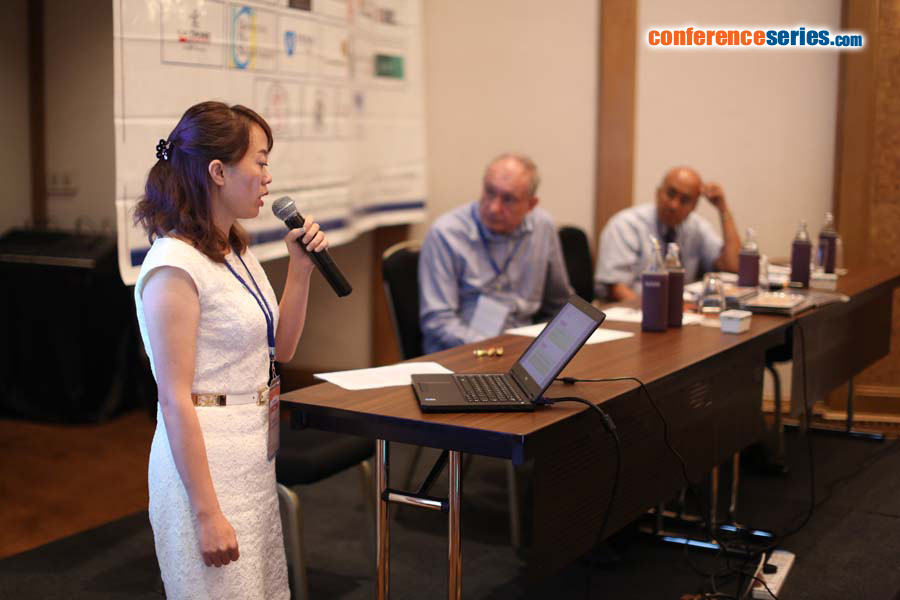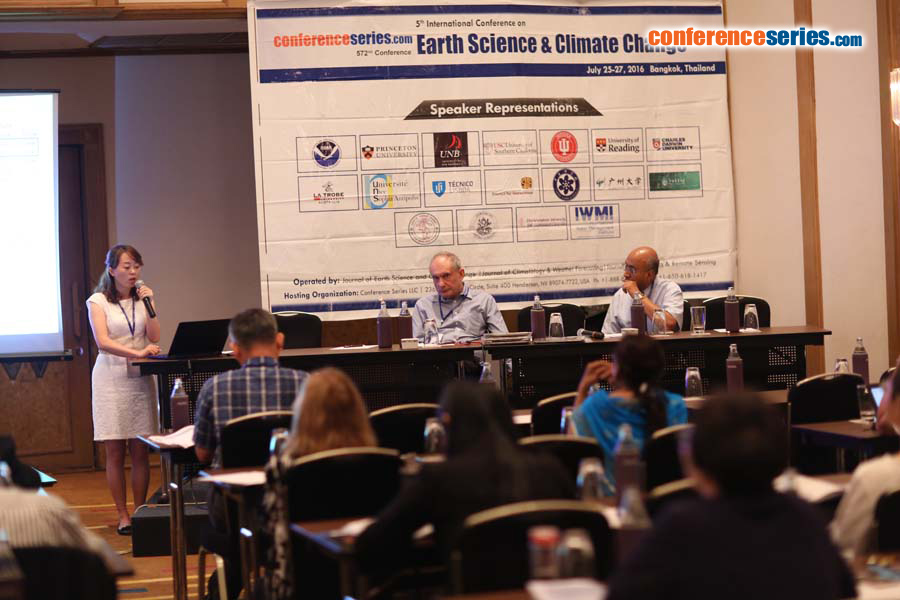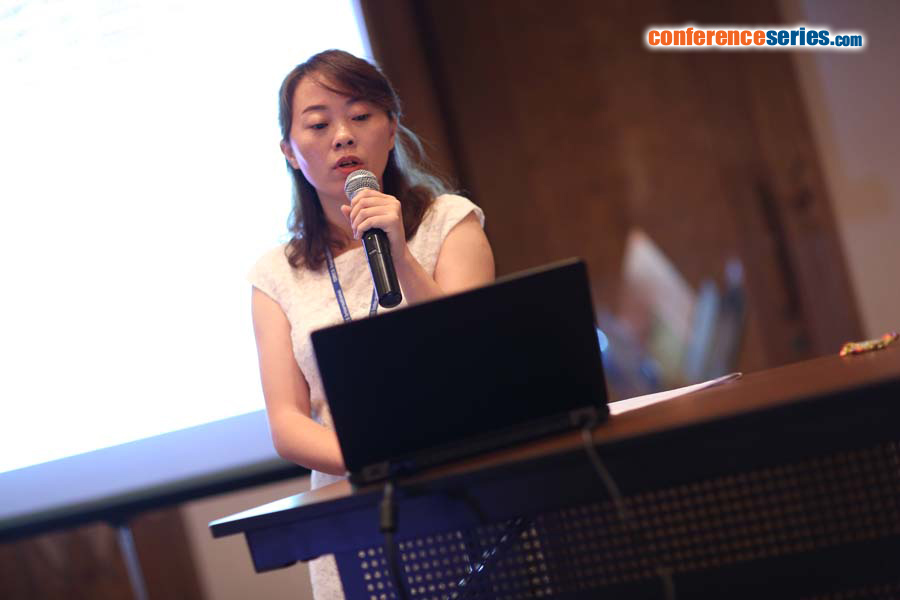Siqiong Luo
Cold and Arid Regions Environmental and Engineering Research Institute, China
Title: Frozen ground temperature trends associated with climate change in the Tibetan Plateau three river source region from 1980 to 2014
Biography
Biography: Siqiong Luo
Abstract
The long-term trend in soil temperatures at depths of 0 cm to 320 cm, collected in the Three River Source Region (TRSR) of the Tibetan Plateau (TP) from 1981 to 2014, was used to examine the relationship between regional climate change and soil temperature. In addition, air temperature, precipitation, maximum depth of frozen ground and maximum depth of snow were analysed for trends, and for correlations with soil temperatures. During these 35 years, there was a warming trend in the TRSR. Significant soil warming was detected. The increasing rates of increase was 0.706℃ decade-1 for surface soil (0 cm), 0.477℃ decade-1 for shallow layer soil (5 to 20 cm) and 0.417℃ decade-1 for deep layer soil (40 to 320 cm) in the TRSR of the TP. There was a clear effect of air temperature on soil temperature, as evident from the concurrent significant increases in the air and soil temperature trends and the strong correlation between them. The relationship between precipitation and soil temperatures was very complicated. More precipitation on the ground also resulted higher soil temperatures in summer in the frozen soil. The process of freezing and thawing had an inhibitory effect on the increase in soil temperature. The warming trends of soil temperature will continue to rise with the degradation of frozen soil.
Speaker Presentations
Speaker PPTs Click Here




